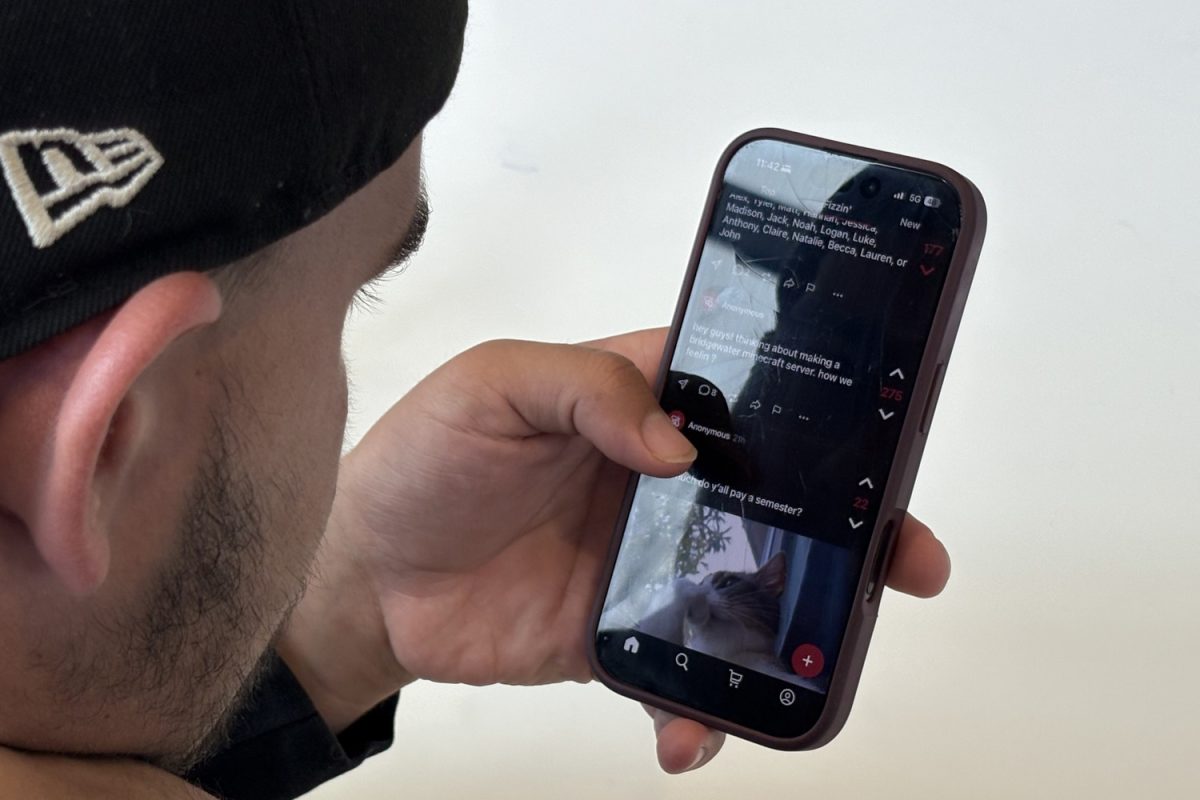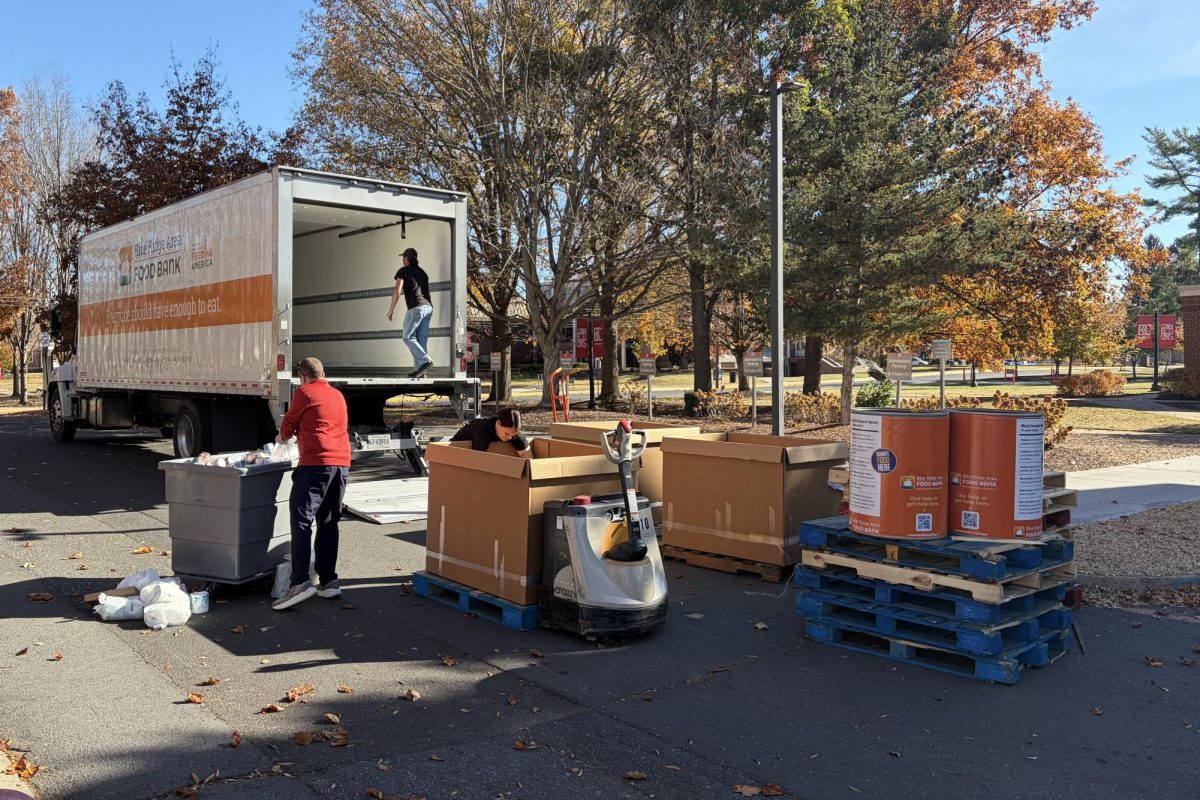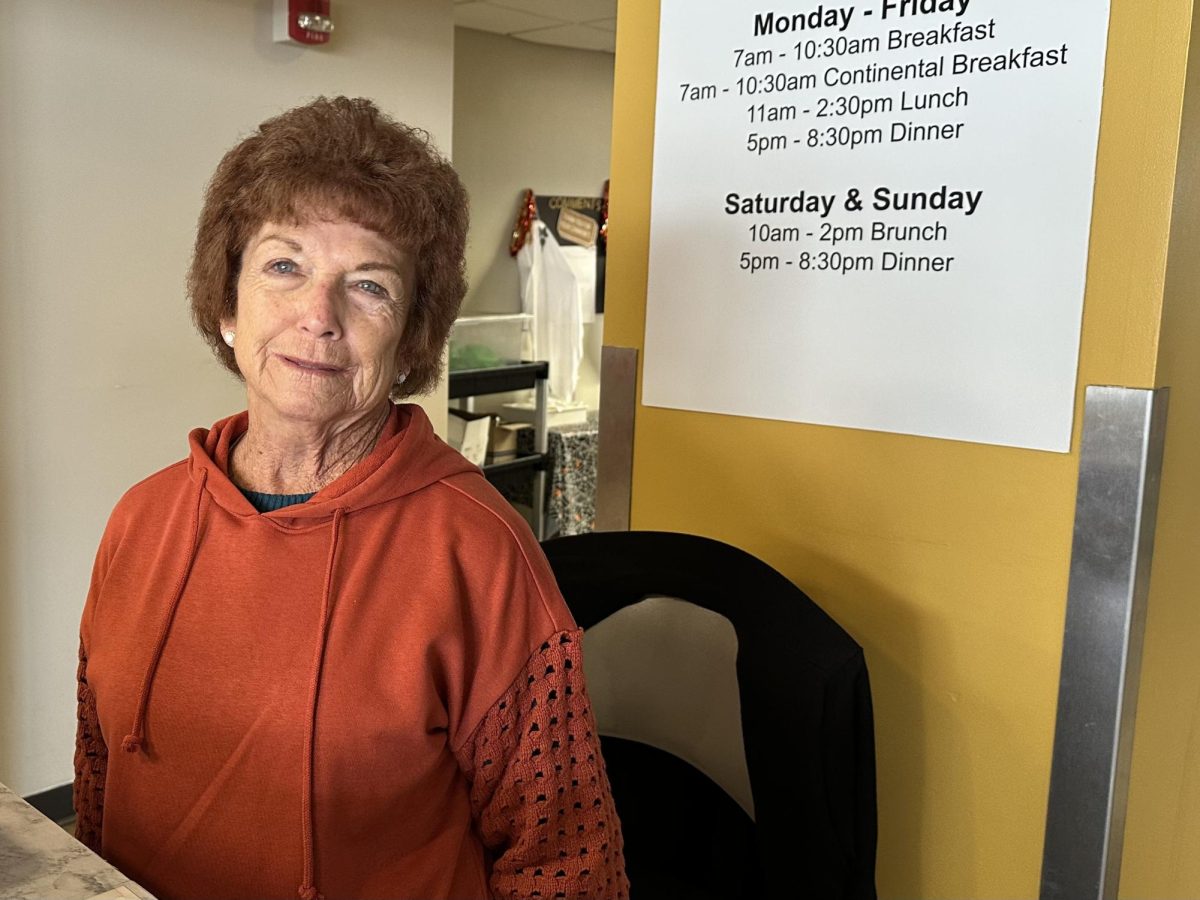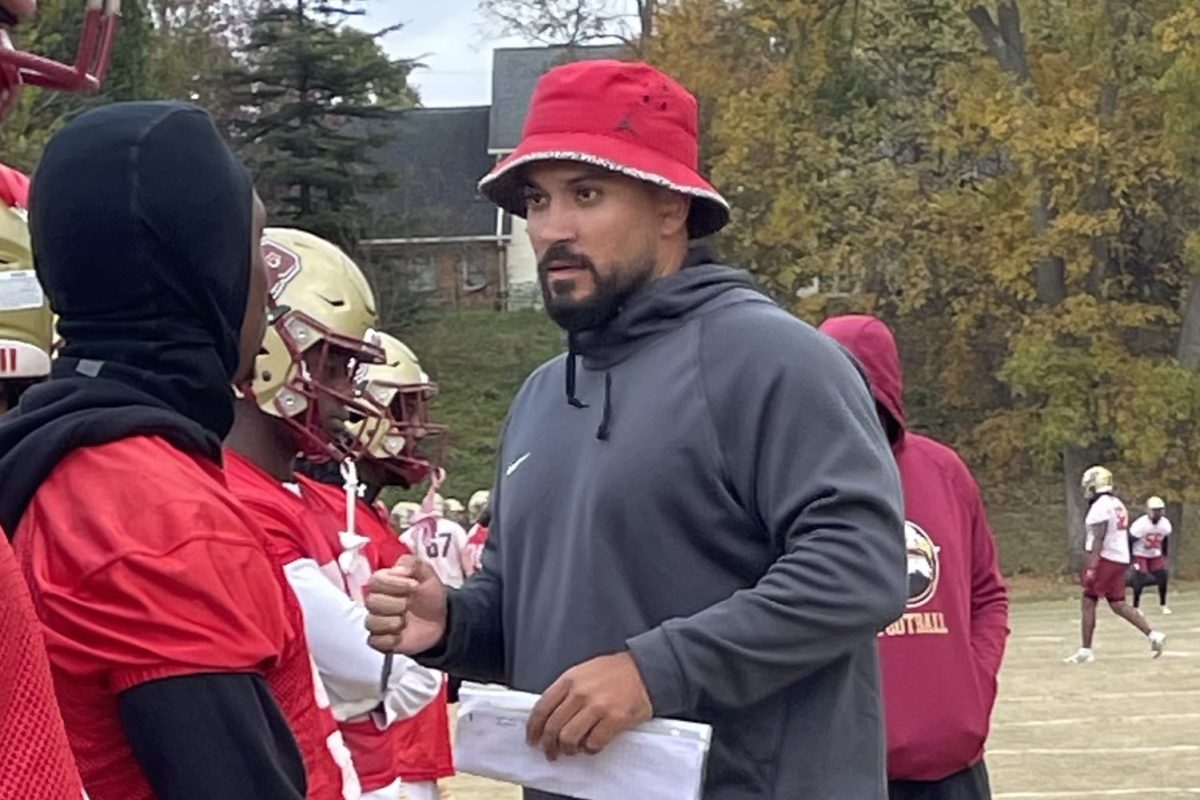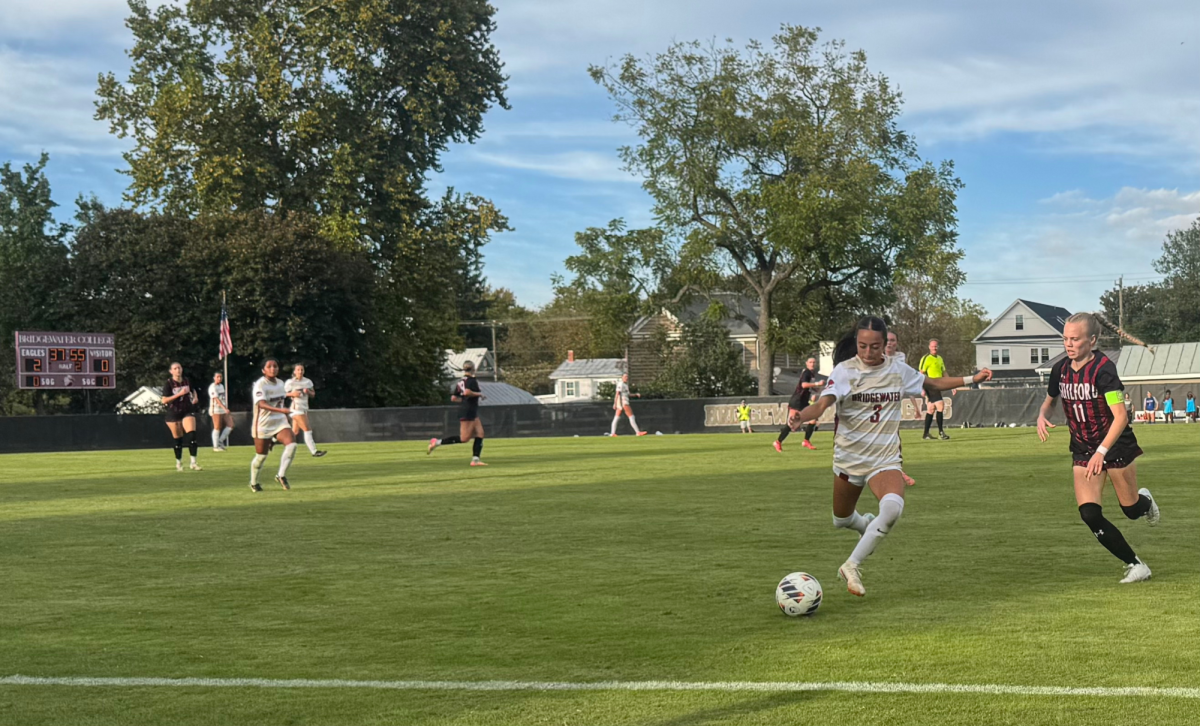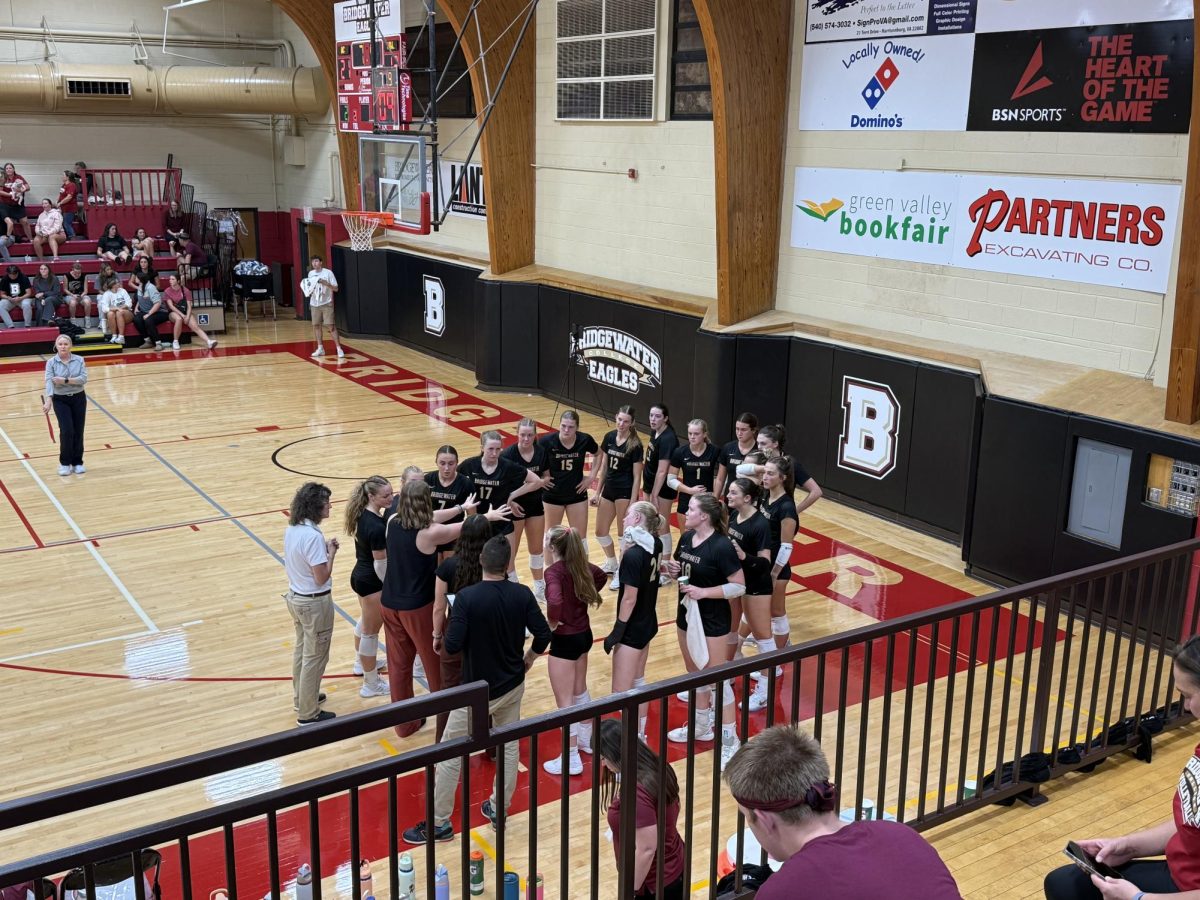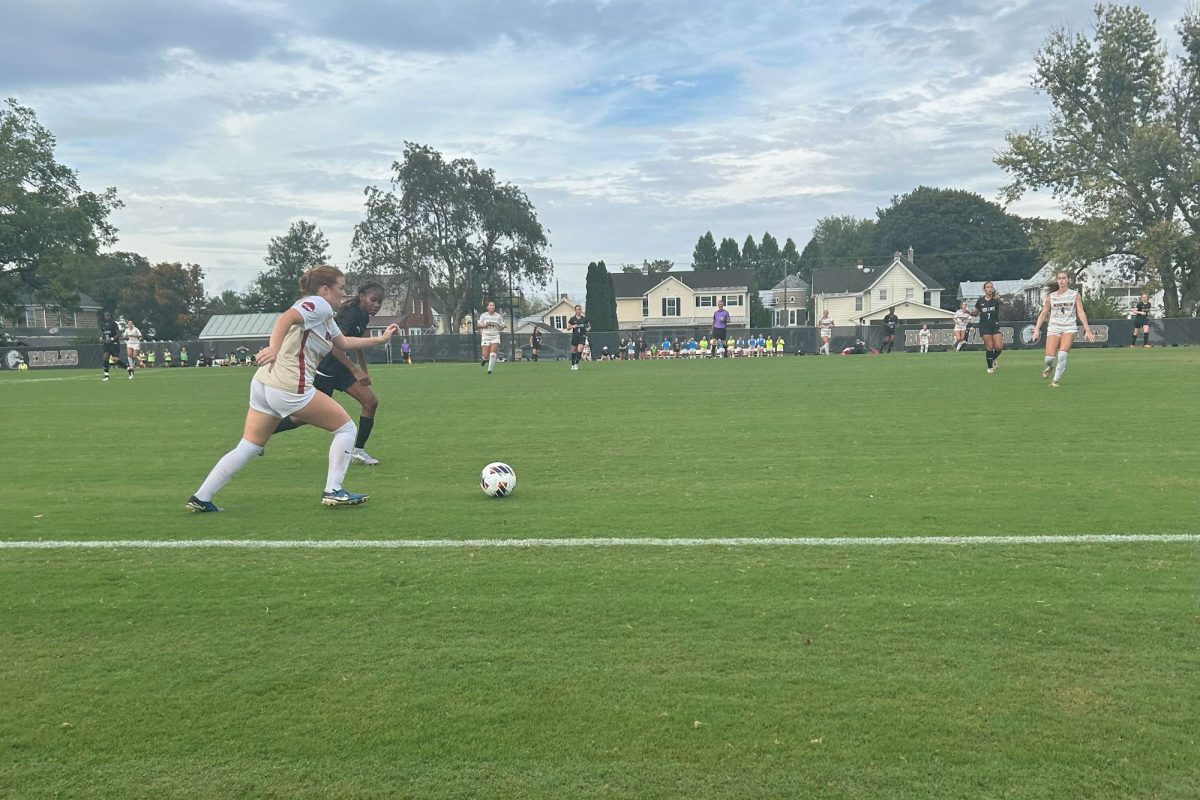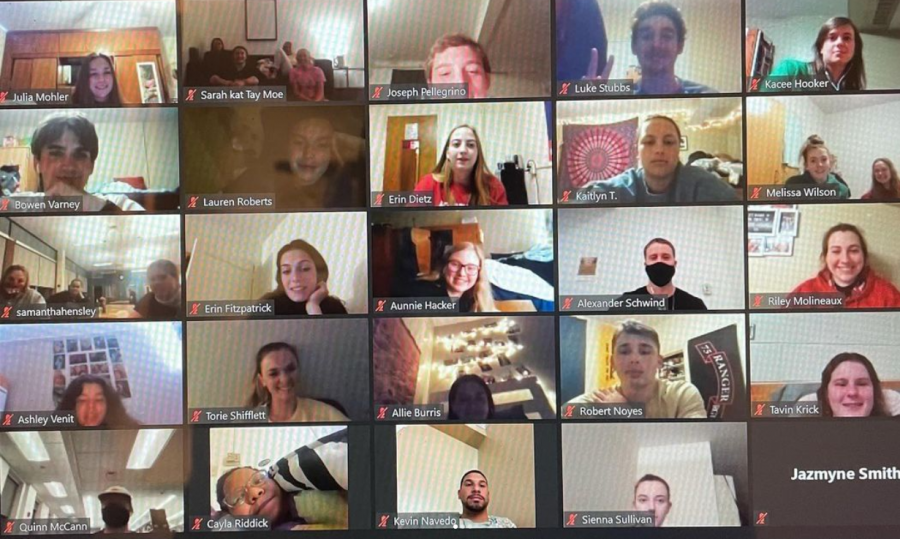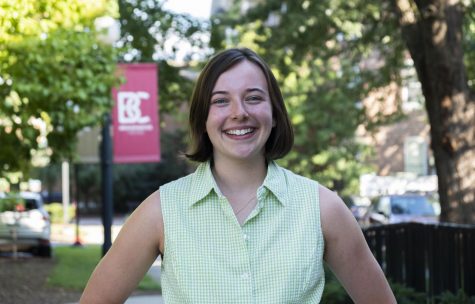BC Student-Athletes Chat About Mental Health
Head softball coach and Eagle Chat host Megan Pleskovic makes a point of meeting up with her athletes at least three times throughout a season to “open up a conversation about mental health and talk about more things than just softball and school.”
April 2, 2021
Bridgewater, Va. – Over 75 Bridgewater College student-athletes met on Zoom earlier in March to discuss mental health in sports. Students took part in breakout sessions to learn more about peers’ encounters with mental health, in addition to hearing coaches and local mental health professionals speak about resources for student-athletes.
A study conducted in 2004 revealed that 95% of male and 85% of female student-athletes report higher stress compared to 52% of non-athlete students.
“Pushing my body physically and myself mentally triggers a lot of my anxiety and can make it hard to focus on the rest of my life outside of volleyball,” said junior Nadia Valle.
In addition to the burdens facing most college students, collegiate athletes must devote a substantial amount of time to their sport.
“Athletes have at least two to three hours of practice in addition to film sessions, weightlifting, and games that often have you traveling,” said head softball coach Megan Pleskovic, who organized and hosted the Eagle Chat. “Sometimes it feels like there aren’t enough hours in the day.”
On top of a sport-related schedule, student-athletes are required by the NCAA to enroll in at least 12 credits per semester to remain eligible to play.
“Coaches usually tell you to take 15, and I know I’ve got multiple girls that are at that 18 credit mark,” said Pleskovic. “ Because of the eligibility rules, you don’t really have an option to drop something or else risk going below that 12 credit minimum.”
Understanding the stress her softball players and other student-athletes face every day, Pleskovic hoped that hosting an open conversation would “get student-athletes to realize that like ‘hey, there’s somebody here for you’.”
“The Eagle Chat had a huge impact on me because I felt like I have people in my corner who understand how I feel and know how to help,” said Valle.
Sports teams at BC are working to combat mental health among student-athletes in many ways, such as required mental health training for coaches and implementing mental health days for athletes.
“During pre-season, we will always have one to two mental health days off practice of our choice, whether it’s because of school, stress or anything else,” said junior softball player Avery Pinder.
Pleskovic has aspirations to continue the conversation of mental health with her athletes to remind them that there is always a light at the end of the tunnel.
“You can still struggle with your mental health but still be a great student and still be a great athlete,” said Pleskovic.

